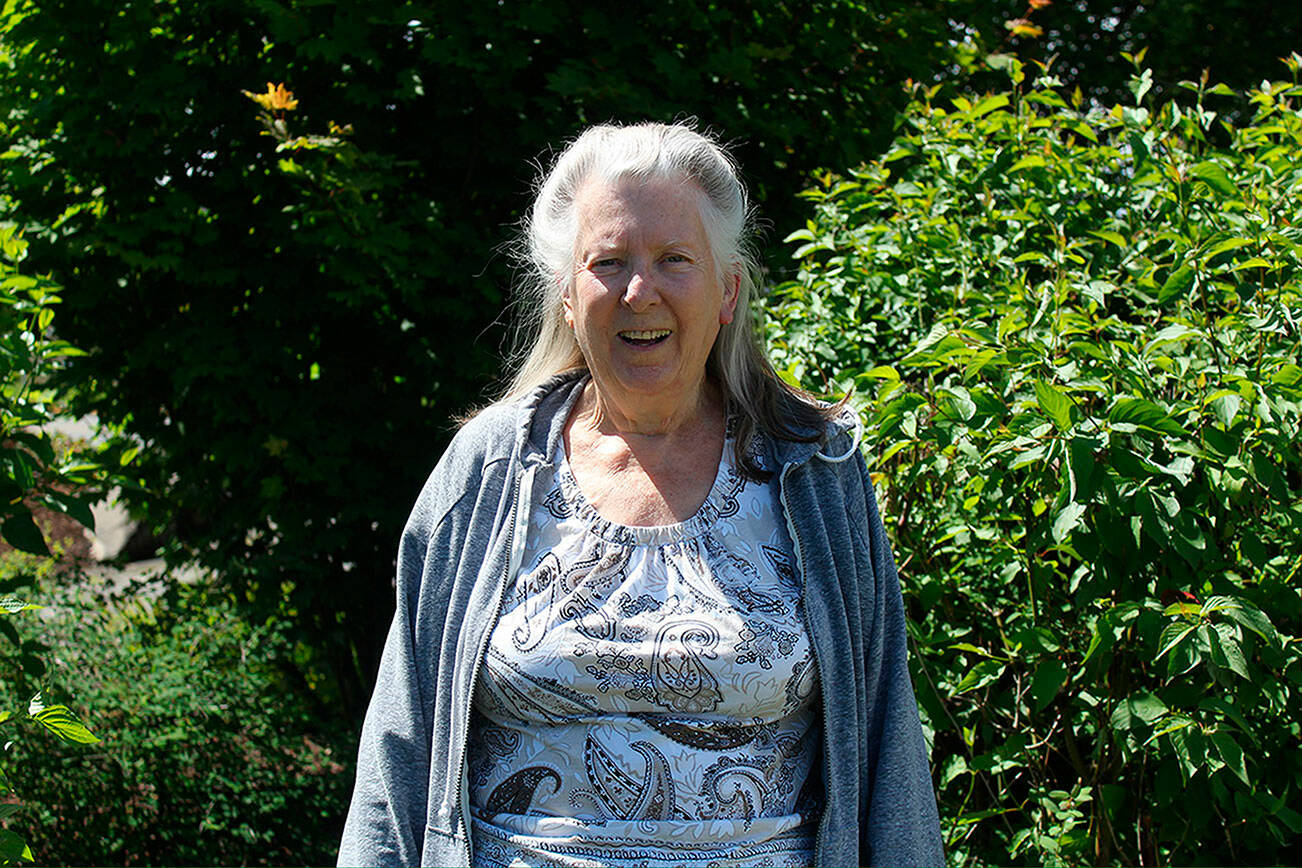The statement in the request for authors in this paper suggested a surprise that no one had tackled the subject of “conservative” politics. Well, here goes. I have identified two processes, both of which could have a reflection of “conservative” politics.
The first is the tried and true decision that means you always vote for the same party, as you are a loyal and staunch member of that party, just as your parents, even grandparents, have always been. A definition from Webster’s dictionary, 1987 edition, simply states that to be conservative is “keep from change, to decay”; in other words an unwillingness or inclination to change. The decay part, I would presume to be the result of excessive unwillingness to change, no matter what the circumstance or outcome may be.
On the surface, this might be where it ends and you could honestly say that these individuals are definitely conservative. But what happens to the vote when this is the reason an individual is elected? Does it mean that the person who is elected has the same firmness in the desire not to change? Is their an expectation that, because it always was, that it will remain the same? Or, does it open up an opportunity for those elected, and supported, who are far from what you would call conservative, are strong-minded, narrow-minded and just attracted to change that will affect their current or future personal benefit? Is this still to be considered conservative, or perhaps a better description would be dreadful, alarming or even frightening? Have these staunch devotees to the “conservative” party received what their expectations were? So, when you look at this image, how could it ever be referred to as even slightly conservative seeing that these changes have unimaginably overtaken any vision or choice of being conservativeness.
The second option is referred to a liberal. Webster’s describes this as “generous; open minded; of a political party, favoring changes making towards democracy”. This more positive definition leads me to believe that Mr. Webster was a “liberal”! Most people would describe this party as opposite to the other. However, quite often, you hear comments, if not wishes, that we should go back to the way it used to be. From the prior definition, this sounds a lot like a conservative view. While the views are inclined to be more optimistic in general, many of the same characteristics of the conservative party are the same here. Many vote because this is the party they have always followed, as did their father and so on. Does this mean they should also be identified as conservative? And current change is very obvious when it is compared to the prior party, but taken on its own, isn’t a lot of it what has traditionally been demonstrated by a liberal administration of the past? So both parties are in reality both conservative and liberal in some ways. Both have merit and misery. Both have the desire, if not an obsession, to convince and change the other.
So here you are in the middle of it. Divided families, friends and neighbors display signs, endlessly talk politics and create disunity everywhere they land. What is to be found is extremely dedicated (perhaps a better word, stubborn) individuals who are convinced that they are on the right side. It often reaches a point of violence, as happened on several occasions. Those individuals are ready to defend what they believe to unbelievable heights, causing harm and fear in their path. Is this really the way we want to live?
There is a third option. There is a way to govern that includes unity. We hear that word a lot in this new administration, and its intention, I think, is good. But unity cannot be legislated. It cannot be forced or manipulated or manufactured. It only comes from individuals who truly believe it can happen and are willing to do the necessary work it requires to be effective.
The solutions are not simple, but here are some possibilities. Who would you vote for if there were no designation of party affiliation on the ballot? It’s kinda like ordering food in a restaurant from a menu with no description and no prices. You want to know that before you order. You might end up with a $50 hamburger, with no cheese.
It’s no different in politics. Do you know who you are voting for? What do they promise, what do they believe? Are they for or against what you want? You may end up with a lying bigot, with no cheese as well. Part of the freedom to vote includes the freedom to make decisions. Are you going to make these decisions strictly on the fact that they have identified themselves with a certain party? Are your decisions based on a total lack of information?
Now, about the money. We actually witnessed a miracle this year. I am not sure the amount, but there was a lot, a real lot, of money assigned to the research and creation of the vaccine. The medical experts talked about it taking two to five years to develop a vaccine, but it happened in 10 months. It was because the money was plentiful, and it provided extensive funds that were needed for this research and it proved successful.
Oh, about the money. Have you ever looked at the cost of our elections? More money there than we spent on curing the virus? It would seem so. Someone smarter than me just might figure out that amount, but it must have been a lot. Imagine if a bunch of that money was also applied to medical research — what would we cure next?
Bottom line is, do your research! You are smarter than you think, and you don’t need someone else to do your thinking for you. Investigate, collect data, evaluate it and then decide. You could just perhaps make a better world by doing it!


